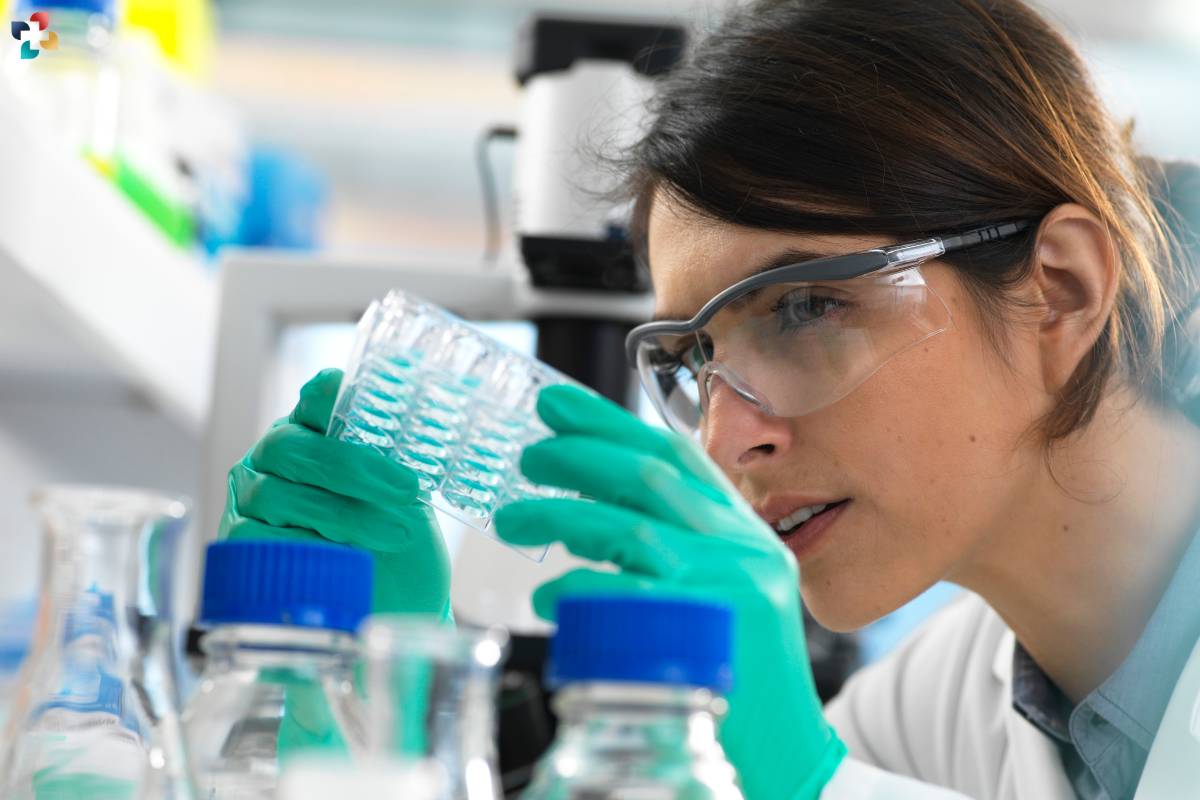In recent years, the intersection of technology and healthcare has transformed the landscape of the medical industry. From wearable devices that monitor vital signs to sophisticated diagnostic tools powered by artificial intelligence, health tech has revolutionized how we approach healthcare delivery, patient care, and overall wellness. In today’s fast-paced world, the importance of health tech cannot be overstated, as it plays a pivotal role in improving healthcare outcomes, enhancing patient experiences, and driving innovation in the medical field.
The Evolution of Health Tech
The evolution of health tech can be traced back to the advent of electronic health records (EHRs) and telemedicine, which laid the foundation for digitizing healthcare data and delivering remote medical services. However, the field of health tech has since expanded exponentially, fueled by advancements in areas such as sensor technology, data analytics, and machine learning.
One of the most notable developments in health tech is the proliferation of wearable devices and mobile health apps. These technologies empower individuals to monitor their health in real time, track fitness goals, and manage chronic conditions more effectively. Whether it’s a smartwatch that measures heart rate and sleep patterns or a smartphone app that provides personalized nutrition advice, wearable devices, and health apps have become indispensable tools for promoting wellness and preventive care.
Furthermore, the rise of telehealth platforms has revolutionized access to healthcare services, particularly in remote or underserved areas. Telemedicine allows patients to consult with healthcare providers virtually, enabling timely diagnosis, treatment, and follow-up care without the need for in-person visits. This has proven especially valuable during the COVID-19 pandemic, when social distancing measures and lockdowns restricted physical access to healthcare facilities.
The Impact on Healthcare Delivery

The integration of health tech into healthcare delivery has had a profound impact on the way medical services are delivered and consumed. By leveraging digital tools and platforms, healthcare providers can streamline administrative tasks, optimize clinical workflows, and improve care coordination. This not only enhances operational efficiency but also enables clinicians to focus more time and attention on patient care.
Additionally, health tech has facilitated the shift towards patient-centered care models that prioritize individual needs and preferences. Through personalized health technologies, such as genetic testing kits and predictive analytics, healthcare providers can tailor treatment plans and interventions to each patient’s unique genetic makeup, lifestyle factors, and medical history. This personalized approach not only improves treatment outcomes but also fosters greater patient engagement and empowerment.
Moreover, health tech has played a crucial role in advancing preventive care initiatives and population health management strategies. By leveraging data analytics and predictive modeling, healthcare organizations can identify at-risk populations, detect disease outbreaks early, and implement targeted interventions to prevent illness and promote wellness. This proactive approach to healthcare not only reduces healthcare costs but also improves overall population health outcomes.
Innovation and Research Advancements
In addition to its impact on healthcare delivery, health tech has spurred significant innovation and research advancements across various domains of medicine and healthcare. From genomic sequencing and precision medicine to medical imaging and robotic surgery, technology has transformed the diagnosis, treatment, and management of diseases in unprecedented ways.

For example, artificial intelligence (AI) and machine learning algorithms have revolutionized medical imaging interpretation, enabling more accurate and timely diagnoses of conditions such as cancer, cardiovascular disease, and neurological disorders. AI-powered diagnostic tools can analyze medical images with greater speed and accuracy than human radiologists, leading to earlier detection and better treatment outcomes for patients.
Similarly, advancements in genomic sequencing and molecular biology have paved the way for personalized medicine approaches that target the underlying genetic drivers of disease. By sequencing an individual’s genome and analyzing genetic variations, healthcare providers can identify personalized treatment options that are tailored to each patient’s genetic profile, leading to more effective and targeted therapies.
Moreover, emerging technologies such as virtual reality (VR), augmented reality (AR), and robotics hold promise for revolutionizing medical education, surgical training, and rehabilitation therapies. VR and AR can simulate realistic medical scenarios and surgical procedures, providing healthcare professionals with immersive learning experiences that enhance their skills and proficiency. Meanwhile, robotics-assisted surgeries enable greater precision, control, and dexterity during minimally invasive procedures, resulting in faster recovery times and improved patient outcomes.
Challenges and Opportunities

Despite the numerous benefits of health tech, the field also faces several challenges and opportunities for growth. One of the primary challenges is ensuring the privacy and security of health data, particularly in an era of increasing cyber threats and data breaches. Healthcare organizations must implement robust cybersecurity measures and adhere to strict regulatory standards to safeguard patient information and maintain trust in digital health technologies.
Additionally, disparities in access to health tech and digital literacy remain significant barriers to adoption, particularly among underserved communities and older adults. To address these disparities, policymakers, healthcare providers, and technology companies must work together to promote digital inclusion and ensure equitable access to health tech solutions for all individuals, regardless of socioeconomic status or geographic location.
Moreover, as health tech continues to evolve, there is a need for greater collaboration and interdisciplinary partnerships between healthcare professionals, technologists, researchers, and policymakers. By fostering an ecosystem of innovation and knowledge sharing, stakeholders can accelerate the development and adoption of transformative health tech solutions that address pressing healthcare challenges and improve patient outcomes.
Conclusion
In conclusion, the importance of health tech in today’s world cannot be overstated. From wearable devices and telemedicine platforms to AI-powered diagnostics and robotic surgeries, technology has revolutionized every aspect of the healthcare industry. By leveraging digital tools, data analytics, and artificial intelligence, health tech has the potential to enhance healthcare delivery, drive innovation, and improve patient outcomes on a global scale. As we continue to embrace the opportunities and address the challenges of health tech, we can build a more resilient, efficient, and patient-centered healthcare system that benefits individuals, communities, and societies worldwide.
Also Read: Understanding the Importance and Utility of Pulse Oximeter in Healthcare











